Country
Australia
Application
Drinking Water
Water source
Filtration solution
2 x 2 40" ft containers, 4 media filters each

Background
North East Water provides water and sewerage services to 38 towns, villages and cities in North East Victoria, serving an estimated population of 95,000 people in an area of approximately 20,000 square kilometres. The region extends from Corryong in the east, along the Murray River to Yarrawonga, then south to Benalla and the alpine towns of Bright, Mt. Beauty and Dartmouth. The communities serviced are diverse in size and characteristics. They range from about 12,300 assessments in Wodonga to less than 50 in the rural hamlet of St. James. Major industrial customers are situated in Wodonga, Wangaratta, Rutherglen, Benalla and Myrtleford. The Authority’s head office is located in Wodonga, and it houses the administrative support and technical services areas of the business. North East Water’s two major functions are treatment and distribution. System distribution operates from Wodonga and Wangaratta, with local support centres at Benalla, Yarrawonga, Bright, Mt Beauty, Beechworth and Rutherglen. The Authority operates 30 water treatment sites throughout the region. North East Water is under significant pressure to ensure that the town of Wangaratta with 16,000 people continues to supply its residents with treated potable water. The area has suffered severely under the current drought and the decision was made by the board that North East Water will have to extract and treat bore water for potable water to avoid potential political ramifications.
Challenge
North East Water (NEW) employed the services of Amiad and their subcontractors to ensure quality bore water treatment plants are delivered on time and on budget. NEW propose to utilise two bores delivering 40 l/s (3.5 MLD) each at the Kerr Street site in Wangaratta. Amiad has to design, manufacture and deliver two (2) containerized 3.5 MLD packaged water treatment plants.
Solution
Amiad designed, manufactured, delivered, installed and commissioned two potable water treatment plants that consist of two (2) 40ft containers each. Each of the four (4) containers is fitted with four (4) media vessels. Each of the vessels has four (4) valves. Each of the containers will have to have a separate PLC/Citect control system that will enable NEW to use the two 3.5 MLD plants independently or together. Each 3.5 MLD packaged plant must also have the ability to separate into two (2) 1.75 MLD packaged plants. The container housing the controller can then be used as a 1.75 MLD treatment plant as a stand-alone unit or together with the other 3.5 MLD systems. This will give NEW the functionality of either 2 x 3.5 MLD, or 1 x 7 MLD, or 2 x 1.75 MLD or 1 x 5.25 MLD water treatment plants. The four vessels in each container are spaced around the centre of the container, leaving enough space on either end of the container for the controller and PC, compressor and instrumentation, chemical dosing and storage respectively. Since the space in each container is limited, Amiad designed each container with five personnel access doors for monitoring and control, and four roof hatches for maintenance and media replacement. The safe access to the roof hatches is via a caged ladder that leads up to a platform fitted with handrails. Each media vessel backwashes with the filtered water from the remaining media vessel in each container, thus no additional backwash tank and pump are required. Backwash is initiated by time, pressure differential across the system or manually. The PLC controller controls the backwash cycle. Since the plant had to be commissioned without the Citect PLC connected, the control panel is fitted with sufficient push button controls and LED displays. The commissioned water treatment plant offers a Citect PLC that is used for a system overview, a mimic panel, a menu for parameter changes and trending of the system and water quality properties.
Results
The two 3.5MLD water treatment plants deliver treated water that complies and in certain cases exceeds the Australian drinking water guidelines.








